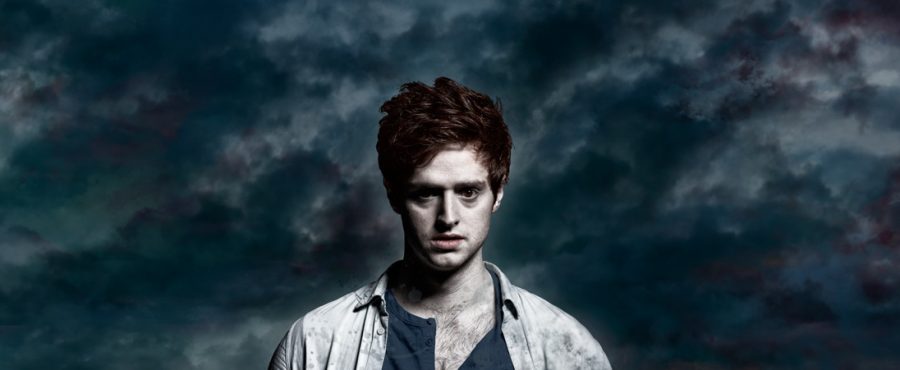Showing @ Festival Theatre, Edinburgh until Thu 21 Aug (run ended)
Inheriting a throne is now a fairly rare occurrence (poor Prince Charles has been incredibly patient) but in the 15th century, the succession of monarchs was a lot more frequent. Following on from James I, Laurie Sansome’s production begins with the child James II (played by a Bunraku puppet until adulthood) being taken from his mother so the courtier Livingstone (Gordon Kennedy) can manipulate him into his trust. As James matures however, efforts to hold his favour are increasingly important but more difficult to disguise.
After the gratifying Medieval atmosphere of James I, part two feels disquietingly Gothic. Although the narrative is a lot darker – the kidnap of the young James is a disturbing quest for power – it has an uncomfortably Tim Burton-esque feel, emphasised by the pale faces with black eye make-up of the puppeteers. While the sinister sense of these scenes reflects the huge pain and disturbance felt by the monarch-to-be, it feels at odds with the story and the setting – you half expect Blythe Duff’s Isabella Stewart to start chanting ‘Hubble bubble toil and trouble.’ This confusing atmosphere is thrown even more off kilter by the use of edgy electronic transition music, giving the first act a disconcerting cyber punk flavour.
By the time the wee king has grown up however the genre has settled into something more fitting a history play. The piece is less humorous than the first though this isn’t down to the quality of Rona Munro‘s writing, which has the same flair for colourful similes and metaphors – though perhaps used less sparingly. The drop is instead due to the plot’s darker mood and the absence of James I’s comical character relationships.
Andrew Rothney gives a valiant turn as the naïve and inexperienced king, struggling to understand the intimidating world of backhanded deals and power struggles. More impressive however is Mark Rowley’s boisterous William Douglas, conflicted between trying to impress his uncaring dad, his plutonic love of James and trying to assert his own position amongst the royal court. The parallel of William Douglas desperately trying to gain his father’s respect, against James’ efforts to live up to his paternal legacy, is a nice reoccurring motif. Consequently, part two produces intensely mixed outcomes. There are enjoyable moments and the stagecraft is, at times, stunning, but unfortunately overshadowed by the perplexing and bumpy beginning.
Showing as part of the Edinburgh International Festival 2014
